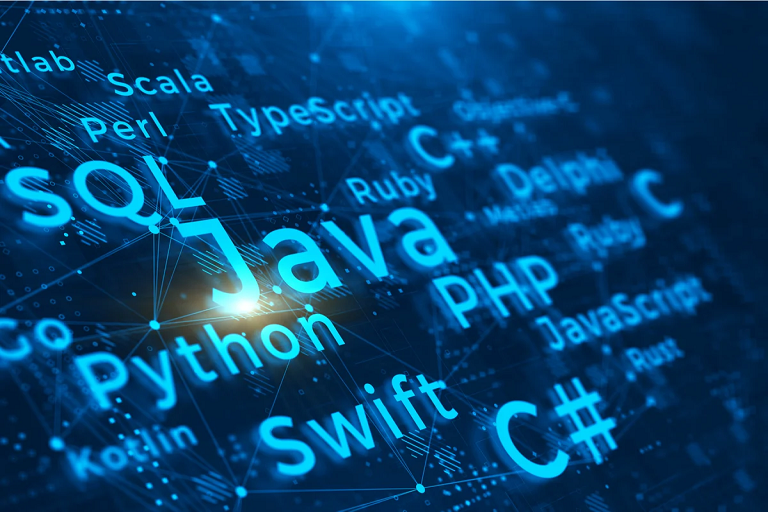6 Ways To Start Programming
Do you want to get into programming? Consider the following options to help you start.
1. Learn a Language
One of the best ways to start programming is to choose a programming language to learn. There are tons of languages out there, and some are better for certain uses. So consider what type of programming you want to do to help select the best language for you.
As you start, stick with one language until you get a handle on it. Over time, you can learn other languages to help expand your skills. But if you learn a ton of languages at the start, you could overwhelm yourself, and you might not be able to learn any language all that well.
2. Take a Course
If you need some direction, you might want to look for an online programming course. The course will have a set list of lessons, and you can progress through them. Depending on the course, you may even have access to an instructor who can help you individually.
Even without direct access to an instructor, a course can be great. If you’re in school right now, you can take a course as an elective. And if you’re out of school, you can take a course on your own time. Plus, you can find a course that teaches you what you want to learn about programming.
3. Read Books
While not as structured as a course, books on programming can also be useful. You can learn how to use a programming language, and you can go through the book at your own pace. If you want to put what you learn into practice, you can do so on a computer.
Take your book with you to your desk or wherever you want to work. Then, you can flip through the pages as you learn new concepts. While you can do that with a course, it would involve flipping between tabs, which can get annoying.
4. Follow a Tutorial
Maybe you want more direction than a book but don’t need as much structure as a course. In that case, find a video or written tutorial online. You can find tons of tutorials on all different programming languages, so you’re bound to find something that will help you.
The different types of tutorials are great because you can find one that teaches how you learn the best. As you watch or read the tutorial, you can go through the steps in another tab. Or you can go through the tutorial and then go back through the steps to do the work. That way, you can learn new skills.
5. Create Your Own Project
Whether you want to learn the basics or get a bit more complex with a syntax tree, consider how you can create your own programming project. You can have full control over the language you use and how you develop whatever it is you want to create. That can be a great option if you have a bit of technical knowledge.
After you read a book or go through a course, you can put your skills to the test. Because even if you can follow steps, you might not have that much direction with later projects. You should be able to program without a set process. Then, you can do almost anything a boss would ask of you.
6. Find Someone With a Project
If you can’t think of anything to do for yourself, ask people you know if they need help. You can ask them about the programming they need you to do. Then, you can work on the project and follow their requirements.
This can be great if you want to start building a development portfolio. You can show your work whenever you apply for a job or first contact a client. Then, they can see what you can do and how you might be able to help with their specific project.
Programming can be a great way to make money or simply get creative. Be sure to give a few things a try as you get started.









































